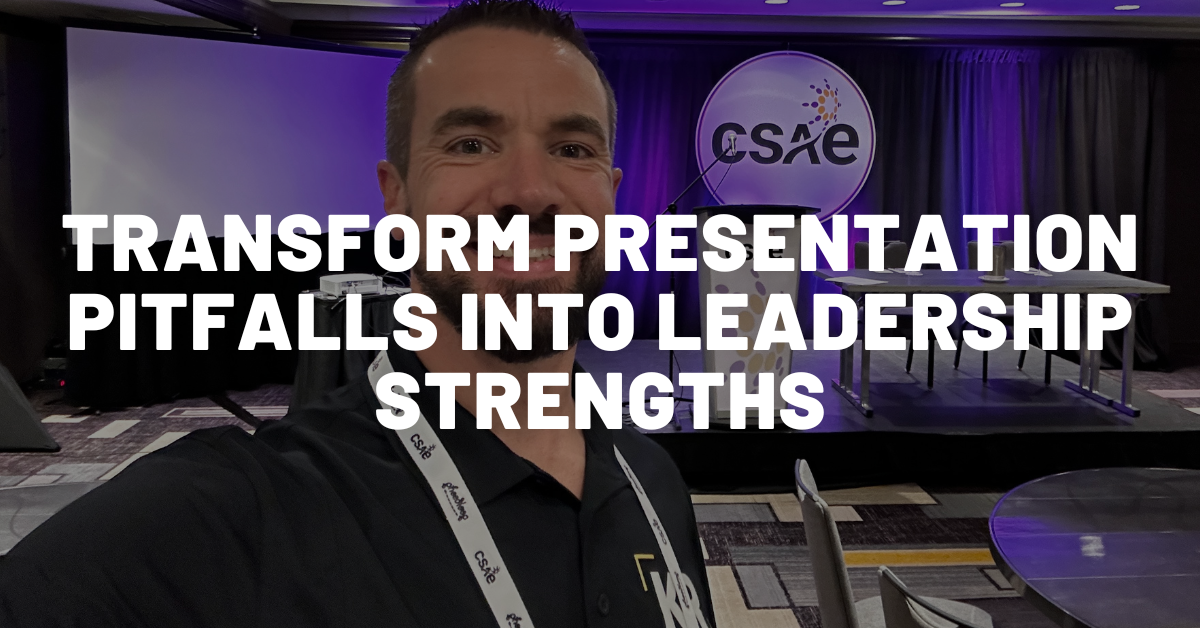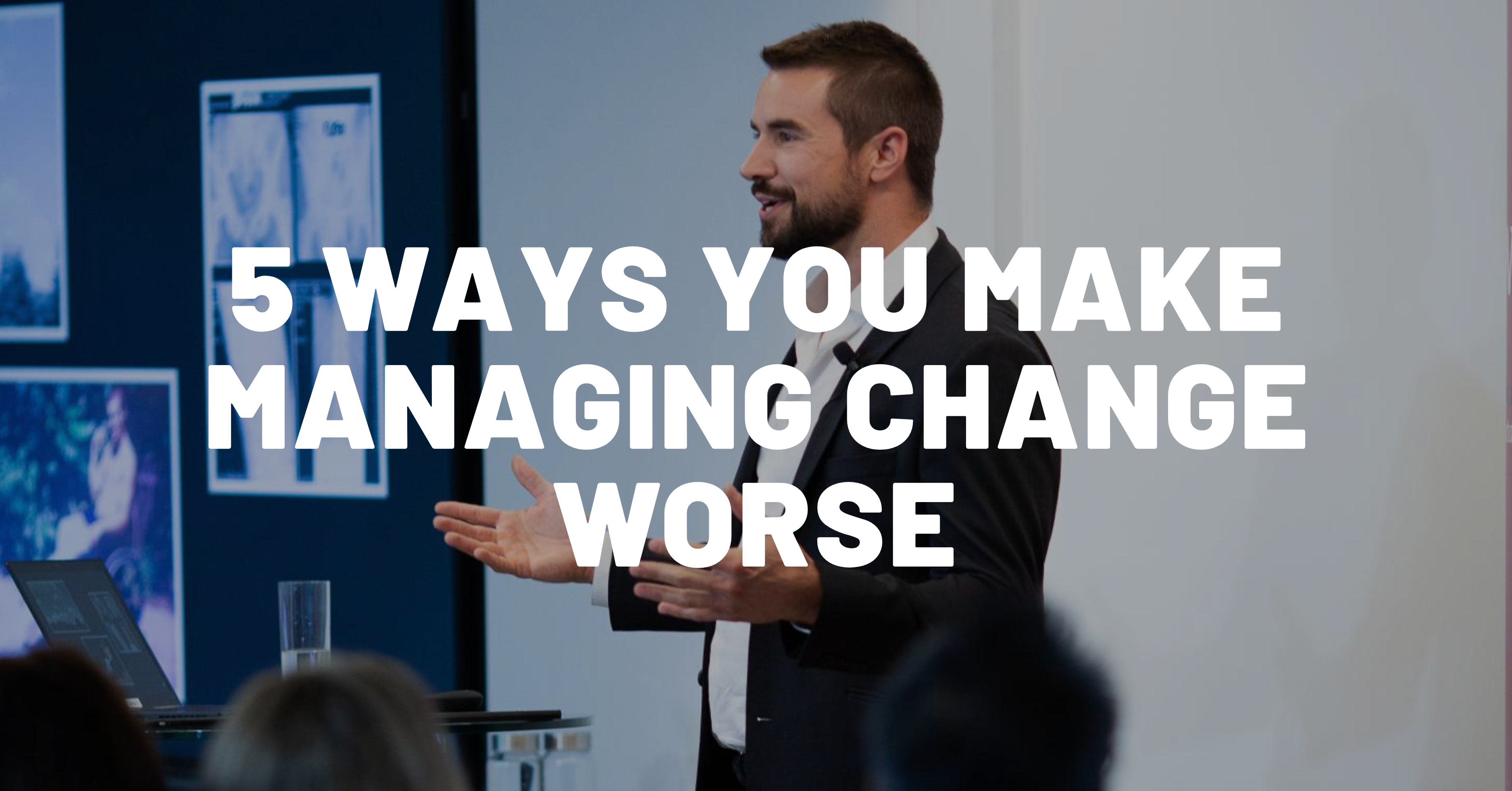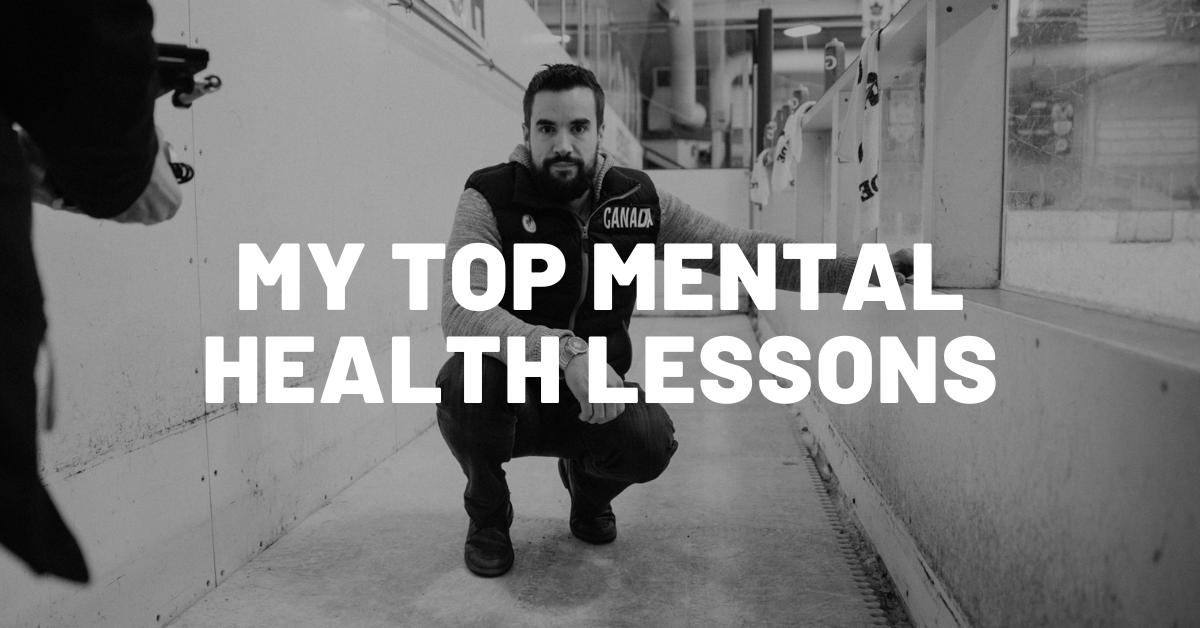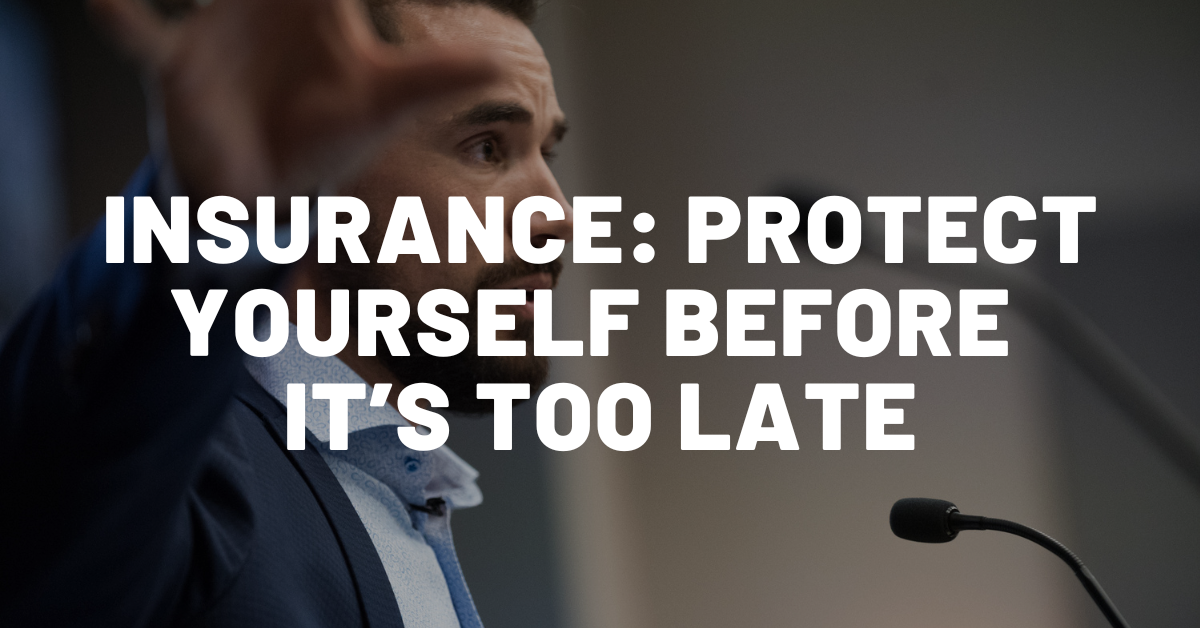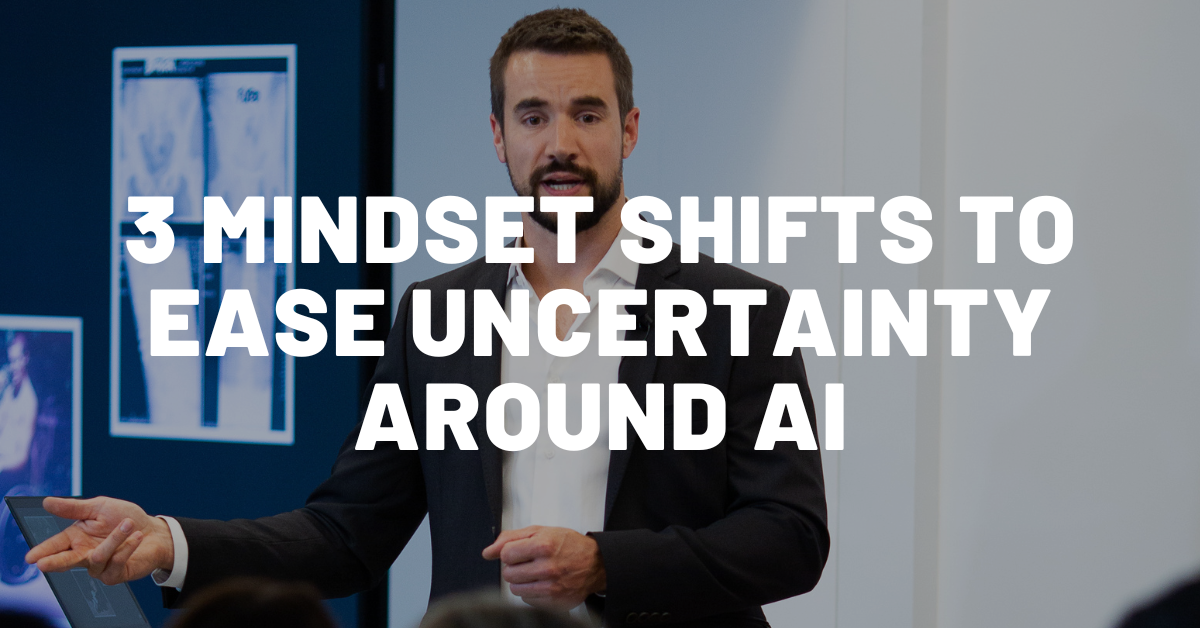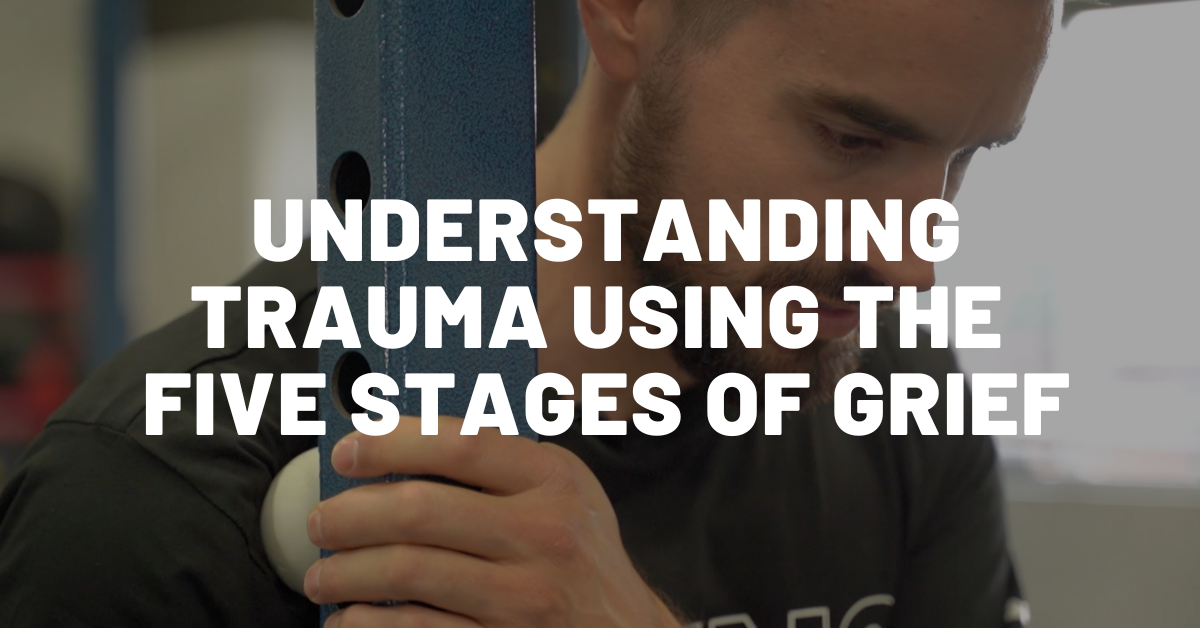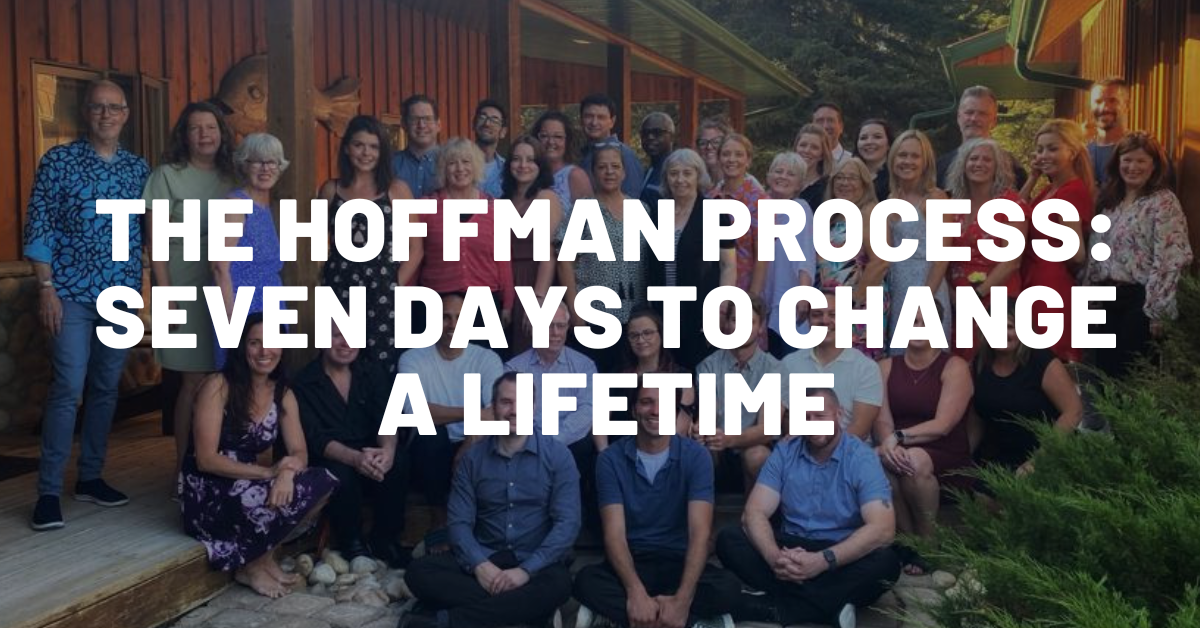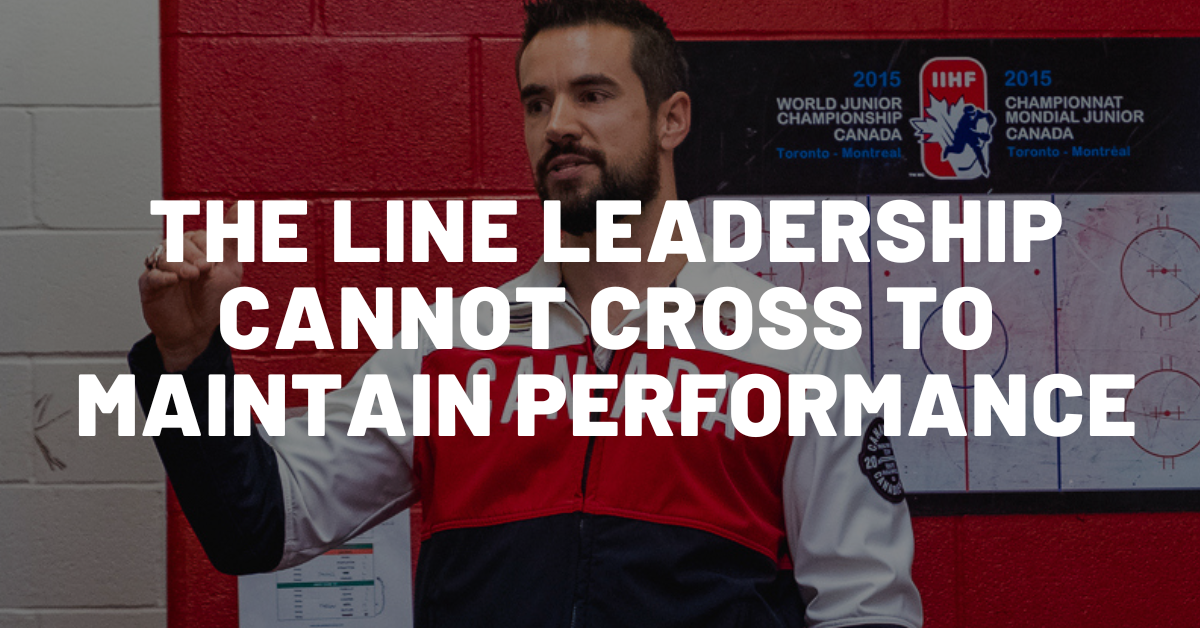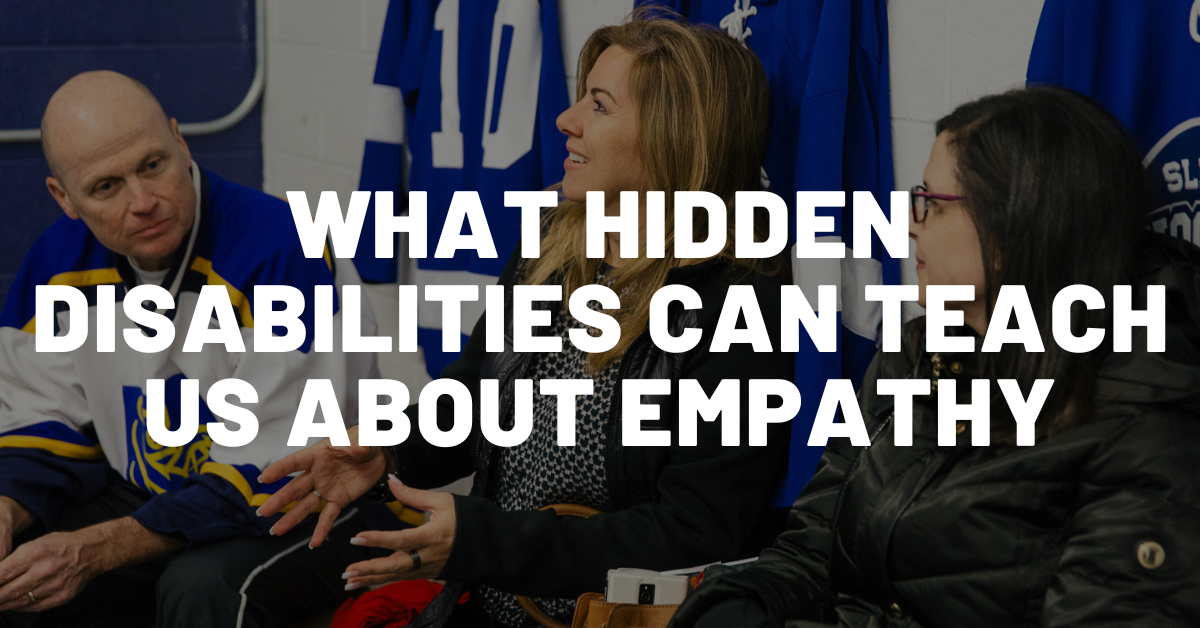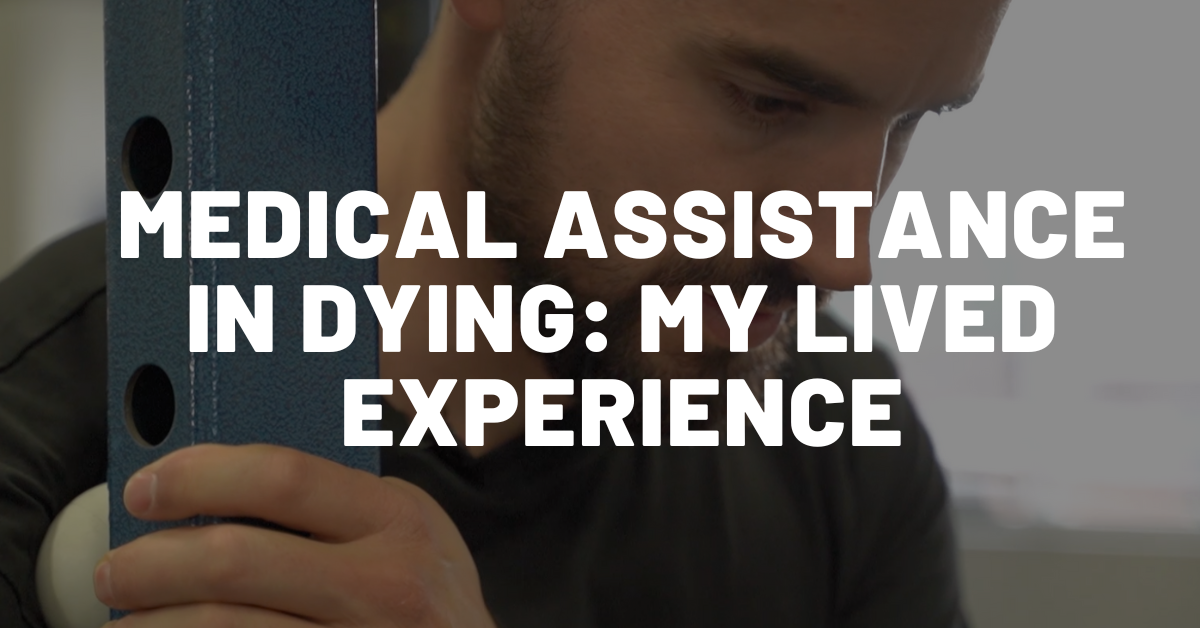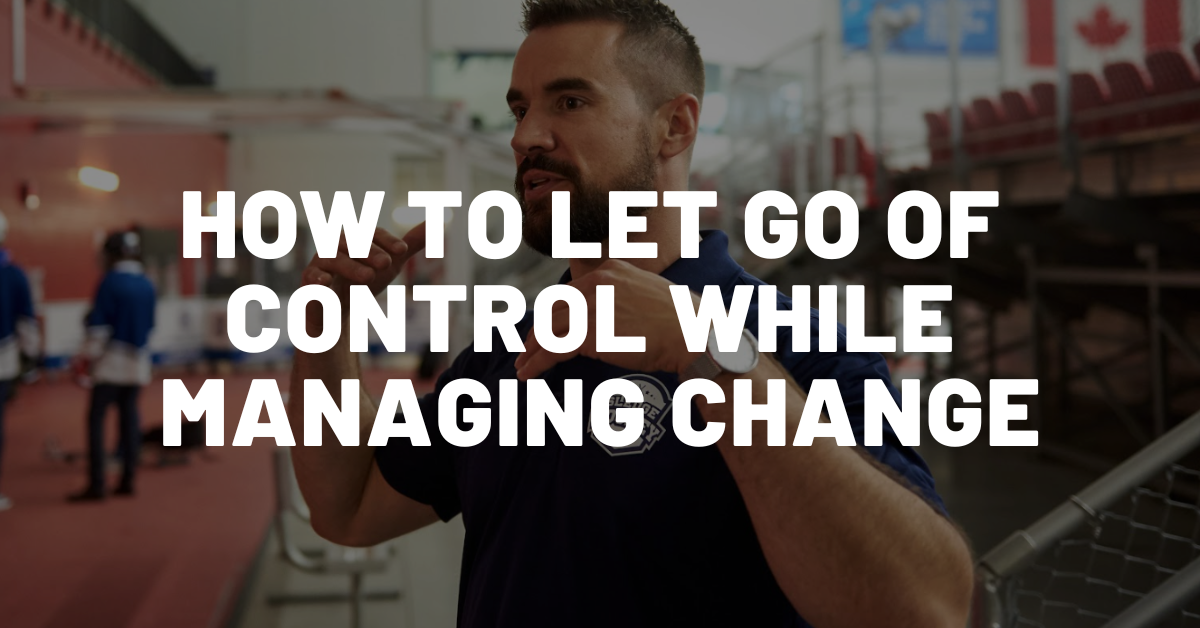When my dad fell from a tree and was paralyzed in a hunting accident just a few years from retirement, it’s no surprise that he felt angry, frustrated, and resentful about his situation that he was in. My dad worked his whole life to one day enjoy retirement, only to have something that meant so much taken away from him.
Lately, especially with the federal election going on, I have been getting more and more speaking inquiries to talk on the subject of managing change effectively. There’s a lot of uncertainty going on both from the election, and just organizational changes in general.
Organizations are always searching for solutions to help manage change.
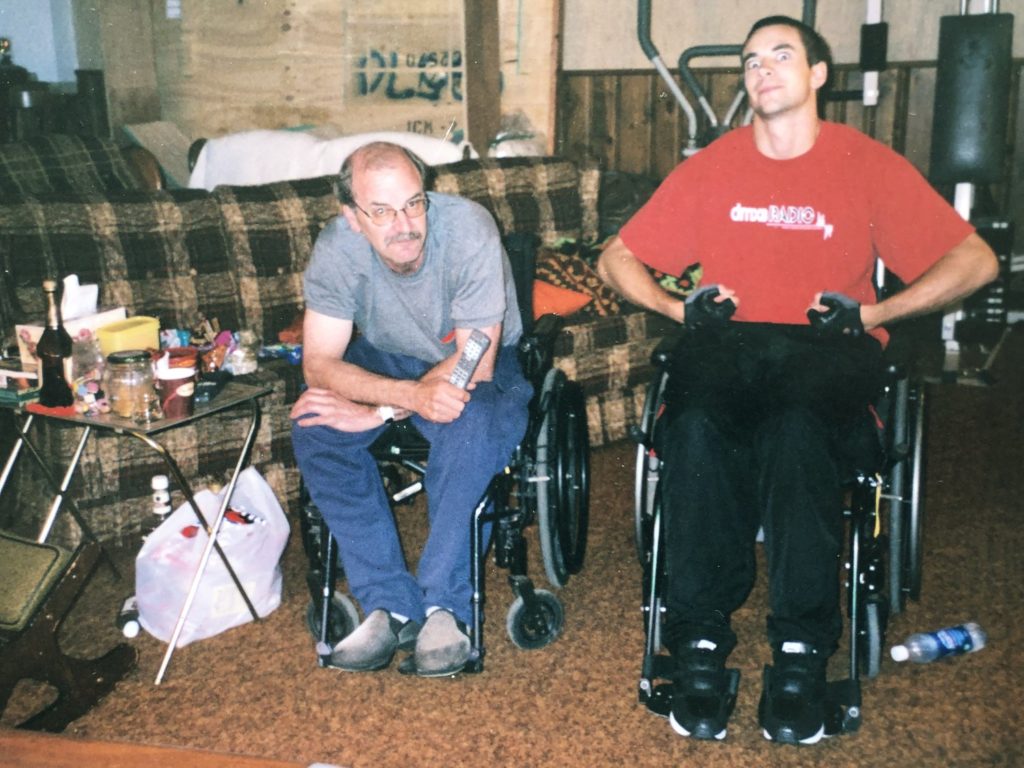
When I reflect on my dad’s injury, there were things we could have done to help minimize the risk of falling from the tree, but what was done was done and there was nothing more that we could do about it.
Changing the past is out of our control.
Yet, my dad would still dwell on the past. He would say things like “The branch shouldn’t have broke”, “It’s not my fault”, and “Life’s not fair”.
It always puzzled me because I would think to myself, “You knew what the risk was. You’ve been climbing trees for years, but now that something happened that you don’t like, you want to place the blame elsewhere.”
One of the biggest lessons I learned from my dad was that you may not be responsible for what happened to you, but you are always responsible for what you do about it.
Watching my dad choose the victim role taught me how I didn’t want to be. When you choose to be a victim to your situation:
- You become very alone and isolated
- You start to drive away other people around you
- You become very negative, cynical, and pessimistic
- You become frustrated easier, unproductive, and unresourceful
- You start a negative downward spiral that can be hard to recover from
This starts as early as the moment you hear news of change or experience change starting to happen.
- When you experience a major setback
- When you experience a change in leadership
- When you have new people to learn how to work with
- When you have a project cancelled or pulled out from under you
- You may even have everything going your way currently, but still feel unsure about how to navigate all the change that is happening
“The key to change is to not focus all of your energy not on fighting the old, but on building the new.” – Tony Robbins
When I was paralyzed in my motocross accident, I knew a few things.
- I was completely responsible for crashing my motorcycle. I had no one to blame but myself.
- “I signed up for this”. I knew the risks associated with “my job”. There’s no reason to act surprised when something unexpected or bad happens.
- I may not be able to see it at the time, but there is always a comeback to be had in some way, somehow, but you can’t count yourself out early.
How many times have you counted yourself out too early?
You see, to manage change effectively you have to be in the right mindset and accept that change is happening, and then decide what you are going to do about it.
It’s not easy, but it’s simple.
I speak on The Hero Mindset, which is about focusing on the small things that make a big difference. Let me help break down a few examples for you of Hero Moments, Hero Decisions, and Hero Actions that you can take today to be the hero of your own movie.
Hero Moments
Like I mentioned, the moment you get the news about change can be a Hero Moment.
Recognizing this moment is key.
This moment is usually where you will start to fall into bad habits. This is the beginning of the negativity, the gossip, and placing the blame on others about your situation. This is where it’s crucially important that you catch this moment as quickly as you can so you can start to do something about it.
Hero Moments may sound small, but you have these moments available every single day to work on your attitude and mindset, and if you can start to recognize and get control of the moments when you tend to veer off track, you are on the right track to managing change.
Hero Decisions
The next step to think about is what Hero Decision can you make for yourself?
What is a Hero Decision?
More often than not, it’s about doing the hard thing which can be as simple as focusing on gratitude.
It’s not flashy, but it’s important, and it works.
For example, when the boss pulls a project out from underneath of you, ask yourself, how can you take a step back and pause? Do you start by telling everyone how frustrated you are, or do you pause to thank them for the opportunity you’ve had so far and offer your time to help the person taking over your project with the transition?
What do you do when you get the word you will have new team members to work with? Do you grumble in frustration, or choose to consider the possibility that you may just meet a new friend for life that you just don’t know yet?
What happens when everyone’s role is shifting, everything is in limbo, and you are stuck with the grunt work and working long hours?
You can think about the fact that you are building sweat equity in your role. You are now a few steps closer to your 10,000 hours towards mastery. Consider the fact that you are lucky enough to have a job.
I’m serious!
Perspective and gratitude will go a long way.
When my dad was hurt, he was focusing on the fact that he had lost his legs, not that he still had use of his arms. He could have been a quadriplegic.
When I was paralyzed, I kept thinking about how lucky I was that I don’t have a head injury (though my friends will still argue that :p), I still have my arms, and I was young enough that I could bounce back easier. That certainly made a difference.
My dad and I had two different recoveries, but choosing which attitude you take on in your situation makes all the difference in how you view the change happening in your life.
Hero Action
The third thing is to ask yourself what steps can you take today to move in a new direction? This is taking Hero Action.
If you are feeling frustrated, it might mean making an attitude adjustment (I hated when my parents used that term, but it’s true). In order to put the gratitude piece into effect, here are five ways to implement that, today.
- Try meditating. It gives you a chance to pause your thoughts, slow your mind down, and create space for gratitude to come into your life. I use the app called Headspace.
- Try using the 5 minute journal. It’s designed specifically to help you focus on gratitude.
- Think about someone whom you might be frustrated by and write down three positive things you can be thankful for about their involvement in your life. Keep that visible beside your computer or nightstand.
- Exercise. If you aren’t exercising already, this is one of the best ways to clear your mind and refocus your thoughts. It’s also one area that corporate life can tend to neglect the most.
- Ask yourself “How can I use this?” and write down 10 ways that the change you are facing can lead to positive outcomes in the near and distant future.
I’m 37 years old now, and when I share these thoughts and experiences with young or old audiences I struggle to try and remind myself that “Yes, it’s that simple!”.
These are the same strategies that I used when I was getting myself through a massive life changing accident, transitioning through retirement from sport, and even dealing with everyday change as an entrepreneur running The Sledge Hockey Experience.
Managing change effectively has more to do with what’s happening inside you – in your mind – than what is going on around you. It’s ok to have bad days, struggle along the way as you figure it out, but know that it truly comes down to you accepting responsibility for your mindset, the decisions, and actions you choose to take and decide that with The Hero Mindset, you too can drive results and embrace change.
That’s how you can be the hero of your own movie.
——
Enjoyed this article? Here are three more to help you succeed:
Success is the Payoff From Your Focus, Time, and Effort Invested
What to do When Nothing is Going Right
Life Doesn’t Give You What You Want, Life Gives You What You Need
—
Download your FREE copy of my autobiography, Still Standing: When You Have Every Reason to Give Up, Keep Going here.

